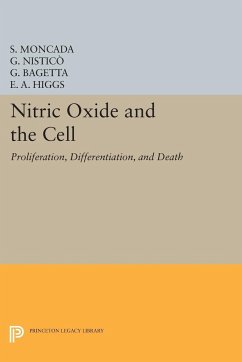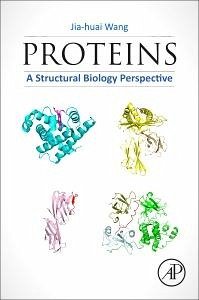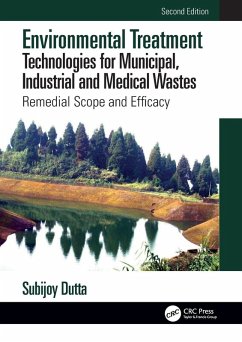Nicht lieferbar

Utilizing Dairy Waste to Create Single-Cell Proteins
Versandkostenfrei!
Nicht lieferbar
Dried biomass of microbes, better known as SCP can be served as alternative protein to human beings and can also be supplied to animals. In addition to approximately 60- 82% protein content, SCP biomass also comprise of vitamins, fats, minerals and carbohydrate. Most microbes and algae have about 1/3 of their biomass as protein. These microbes can be easily cultivated on a large scale to harvest protein. Single-cell proteins can be simply defined as proteins found in microbes that are used for protein supplementation. Multicellular molds and algae are also used to harvest protein. The most pop...
Dried biomass of microbes, better known as SCP can be served as alternative protein to human beings and can also be supplied to animals. In addition to approximately 60- 82% protein content, SCP biomass also comprise of vitamins, fats, minerals and carbohydrate. Most microbes and algae have about 1/3 of their biomass as protein. These microbes can be easily cultivated on a large scale to harvest protein. Single-cell proteins can be simply defined as proteins found in microbes that are used for protein supplementation. Multicellular molds and algae are also used to harvest protein. The most popular use of SCP yeast was during World War II, when food shortages plagued Germany. The emphasis on the Post World War on the continuation of SCP production has been encouraged to combat the problems of hunger and malnutrition . Microbes have since been widely used to supplement food. The benefits of single cell protein include less water, less land use, less biological threats and more environment friendly. One maJor benefit with this biomass is that amino acids particularly lysine and methionine are in abundance. Additionally, economical wastes can be utilized as substrate by microorganisms to produce protein and amino acid rich biomass. Besides fruit, vegetable and molasses wastes, petroleum by- product, ethanol, methanol, natural gas and lignocelluloses have been used as common substrates . Significant advances in SCP methods worldwide had a profound effect on the development of modern biotechnology. With the help of various fields including microbiology, biochemistry, genetics, chemical and process engineering, food technology, ecology, agriculture, medicine, animal nutrition, toxicology, veterinary technology and economics there have been huge benefits in research and SCP production process. For treatment of wastewater, alcohol manufacture, food science and enzyme technology SCP can act as innovative solution.













